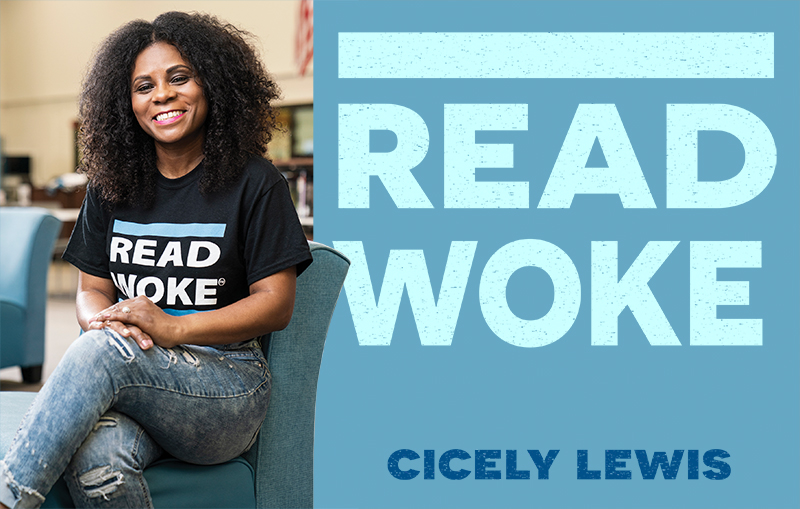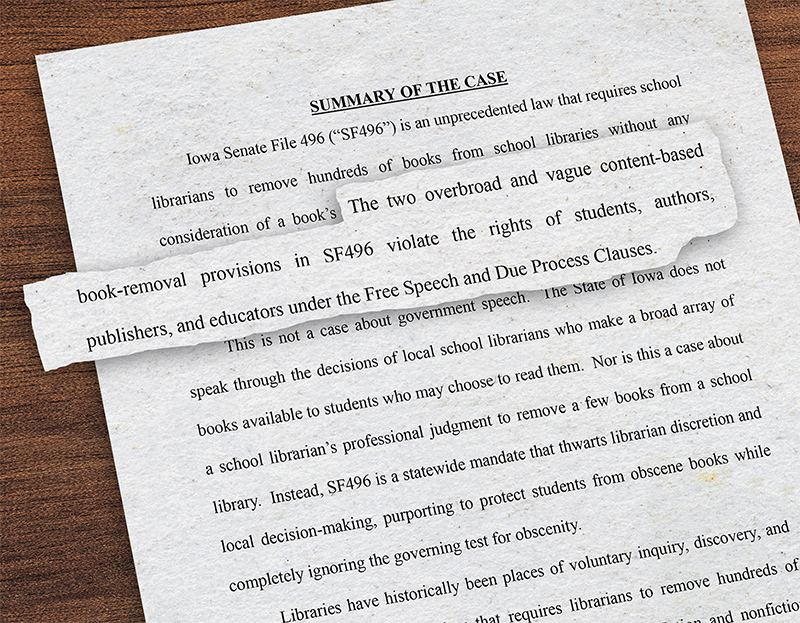SCROLL DOWN TO READ THE POST
Radiant Days?
 Radiant Days, Elizabeth Hand
Radiant Days, Elizabeth Hand
Viking, April 2012
Reviewed from final copy (that I bought for myself the day it came out)
I’ve probably said this before, but by and large I love this blog. I love talking to intelligent, passionate people about books. I love disagreeing and I love having my mind changed. I even love, although sometimes the way we love shots for keeping us disease free, the way the responsibility of the blog makes me a more honest librarian, by which I mean someone who has to leave her reading comfort zone behind regularly.
But here’s what I don’t love: having to go on record talking smack about books I want to defend but in the end, just can’t.
(And obviously, smack here means thoughtful, textually supported criticism and not, you know, wild trash talk, although sometimes that is actually really satisfying.)
Case in point: Elizabeth Hand’s Radiant Days, which is either above my head or doesn’t quite accomplish what it sets out to do. And I’m afraid it’s option two.
A little bit of history: I consider myself a straight up fan of Hand’s. I’ve read several of her adult novels, and the ones I haven’t gotten to yet are all on my to-read list. Waking the Moon, which I read towards the end of my own college career, has haunted me for years. And Hand’s first YA, Illyria, is incandescent. It’s dense and beautifully written. The sentences are like music. Illyria is almost impenetrable on first read, so layered with meaning and conflict. It absolutely rewards multiple readings and deserved a Printz nod (I believe it was not actually eligible, although now I can’t find any evidence on a quick look).
ADVERTISEMENT
ADVERTISEMENT
(Intrigued? Read the Teacozy review for greater coherence, plus some plot, and then find Illyria, because it absolutely deserves a read.)
So I went into Radiant Days really really excited as a reader. I expected this to be a book I would love, and one that would be at least defensible, and I was going to be able to write about it in glowing terms and everyone would read it and voilà, Elizabeth Hand would move from niche to known in YA (she’s pretty darn well known over in the adult and genre worlds already).
(I might perhaps have an inflated sense of the value of my words after my somewhat success bringing The Returning to more eyes last year.)
And…I can’t. I can’t defend this as the book to end all books, because I think — despite the amazing sentence by sentence writing, despite how beautifully Hand brings Rimbaud to life, despite interesting questions raised about art and creation — in the end, I think the concept outshines the execution, and the structure is flawed, and it’s time travel, dammit, and that totally muddies the meditation on creation, which is itself perhaps better suited for an essay than a novel.
Merle is a cipher; there’s a lot about what she does and how she feels, but it doesn’t actually amount to a full character. Why does she need to graffitti “Radiant Days” everywhere? (And why wasn’t her tag the cover art? Missed opportunity.) Maybe on a second read her character would work better, but the lack of connection to Merle, which is wrapped up in how little we know of her, rather than her art (she’s talented and she sleeps with her female professor on day 1 and she comes from Appalachia is all we get, despite the first person narrative). She doesn’t have genuine relationships (and how can she, when the secondary characters are all paper flat?), she doesn’t seem to have strong emotions; when she does, she tells the reader with such dispassion in her telling that the emotional impact is significantly dulled.
Then there’s Rimbaud, and actually he comes rather startlingly to life, coarse and passionate and slightly crazy. But the context of his world is pretty thinly sketched, as are the characters around him, and because the real Rimbaud is a mystery — why did he stop writing? Where did his ideas come from? — it’s as if we as readers are treated to snatches of his life frozen out of time, but the larger narrative is lacking.
ADVERTISEMENT
ADVERTISEMENT
So, characterization is not a win. But despite that flaw, which is apparent from the opening chapters, the interesting structure, which parallels Merle in the late 70s in DC and Rimbaud in the late 1870s in Charleville and twins their struggles to create and find meaning in a world where it seems no one understands what and how they see, had me wanting more.
Until the sudden deus ex machina (a totally apt description since the role he plays is tightly tied to Orpheus and ancient Greek mythos and structure) of Ted. Ted who exists across both timelines, who has a bizarre key that lets Rimbaud slip from his time into Merle’s and later the other way around, Ted who come out of nowhere and then becomes a central character and the major, maybe only, significant propeller of plot. The time travel makes the parallel experiences really obvious; it’s a bit of an authorial pat on the back saying “Now you get it, right? They are just like each other!” It was more effective of a message, more loaded with meaning about the act of creation, when it was more subtle, allowing the reader room to see and experience the ways in which creativity has always been the same. And then it’s suddenly science fiction and an explanation for some of Rimbaud’s odder visions? Well, not quite, but it started to seem that way.
And finally, the epilogue was, for me, the final nail. It’s got that elegiac looking back feel, so it also detracts from the already limited appeal. Printzwise, that doesn’t matter, but it essentially crams a whole other book’s worth of content in — a book that might have been more interesting, really; how does scrappy, cultureless, directionless, lost Merle become successful in life, love, and art? It made the bulk of the novel seem almost like prologue to Merle’s life, which is all condensed into that one tiny chapter. For the first time, Merle was someone I as reader liked, and I found that I really wanted her journey from A to B, rather than just the A.
With only two stars (although no negative reviews), this was always a dark horse, and in the end I think it’s just not in the running this year. There is a spark here that I want to champion, but sometimes — as with Rimbaud, as with this book — the spark burns out too fast.
(And yet, having just explained all the reasons this book is a mess, now I kind of want to read it again. Hmmm.)
Filed under: Contenders, Fiction
About Karyn Silverman
Karyn Silverman is the High School Librarian and Educational Technology Department Chair at LREI, Little Red School House & Elisabeth Irwin High School (say that ten times fast!). Karyn has served on YALSA’s Quick Picks and Best Books committees and was a member of the 2009 Printz committee. She has reviewed for Kirkus and School Library Journal. She has a lot of opinions about almost everything, as long as all the things are books. Said opinions do not reflect the attitudes or opinions of SLJ, LREI, YALSA or any other institutions with which she is affiliated. Find her on Twitter @InfoWitch or e-mail her at karynsilverman at gmail dot com.
ADVERTISEMENT
SLJ Blog Network
2024 Books from Coretta Scott King Winners
Monster Befrienders and a Slew of Horror/Comedy: It’s a Blood City Rollers Q&A with V.P. Anderson & Tatiana Hill
Monkey King and the World of Myths: The Monster and the Maze | Review
Finding Answers to a Not-So-Simple Question, a guest post by Christina Matula
The Classroom Bookshelf is Moving
ADVERTISEMENT
ADVERTISEMENT







